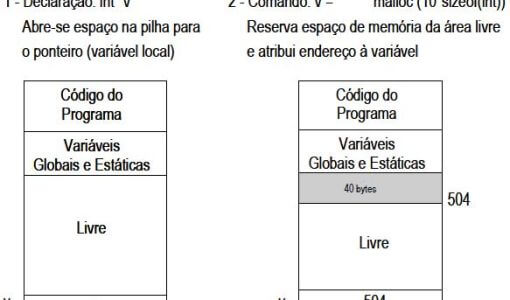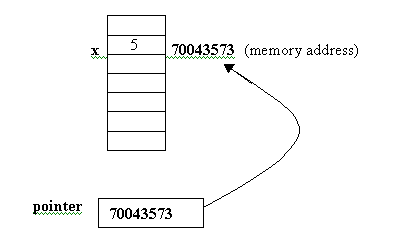Dynamic Allocation – C/C++ Language
- Lucas
- September 01, 2011
There are three ways to reserve memory space for the storage of information: Use of global variables – the placeholder exists as long as the program is running. Use of local variables – the placeholder only exists while the function that declared the variable is being executed. Reserve a memory space dynamically: request the system,


